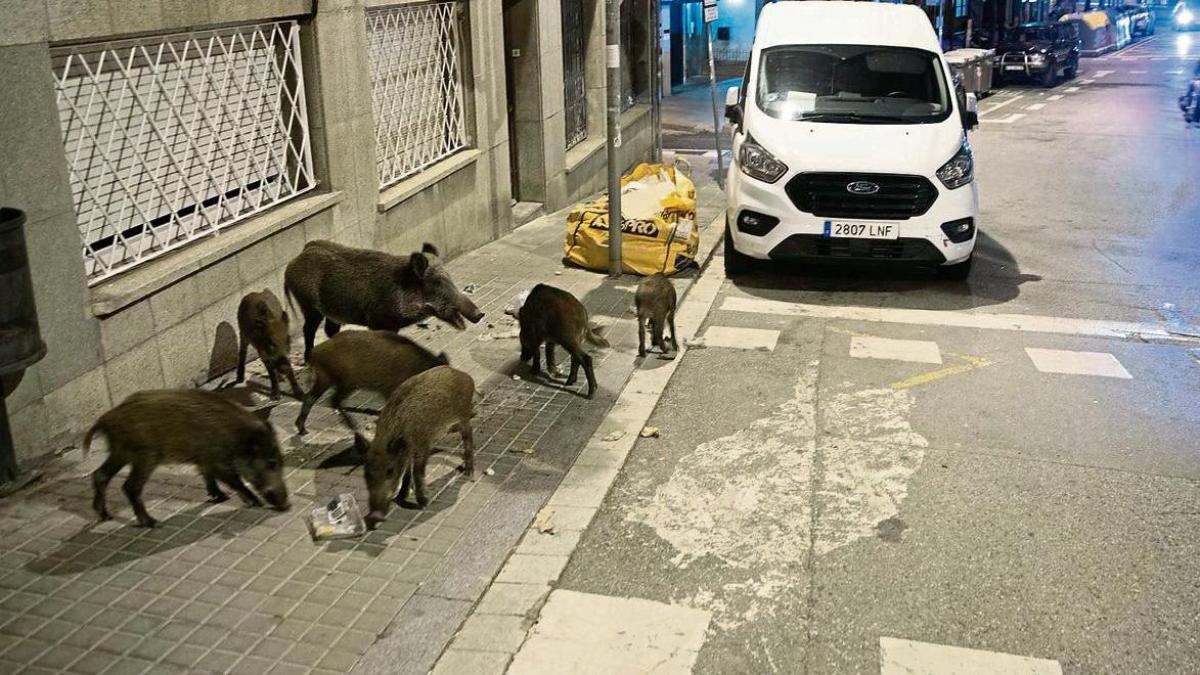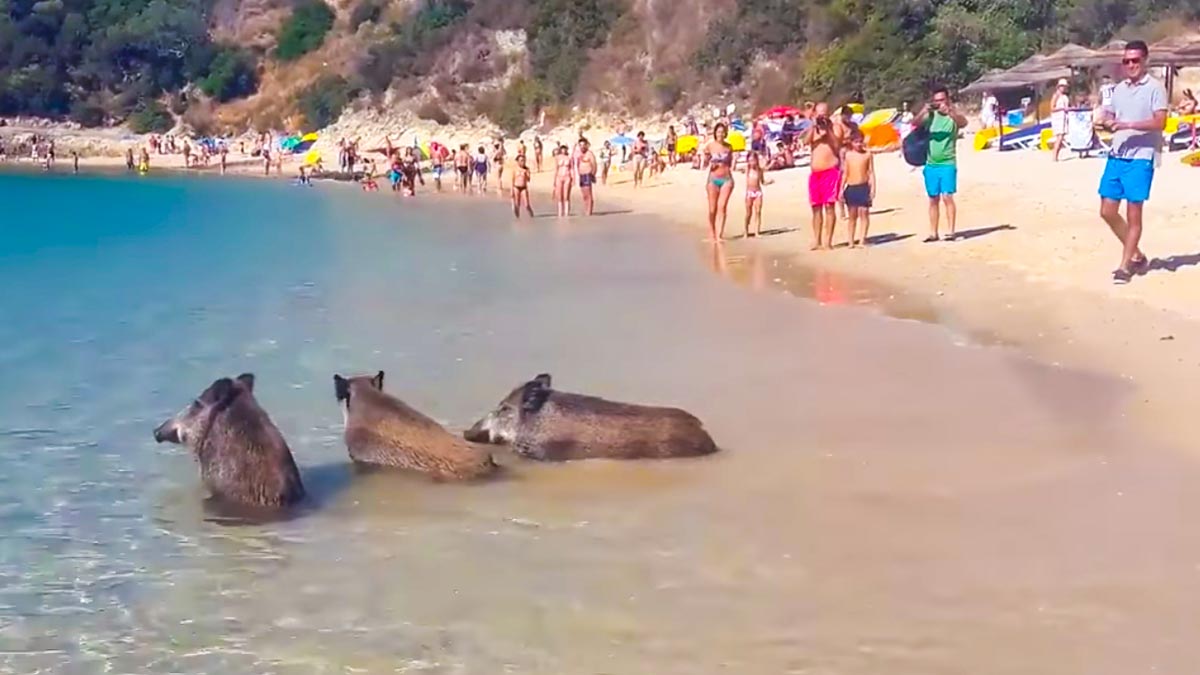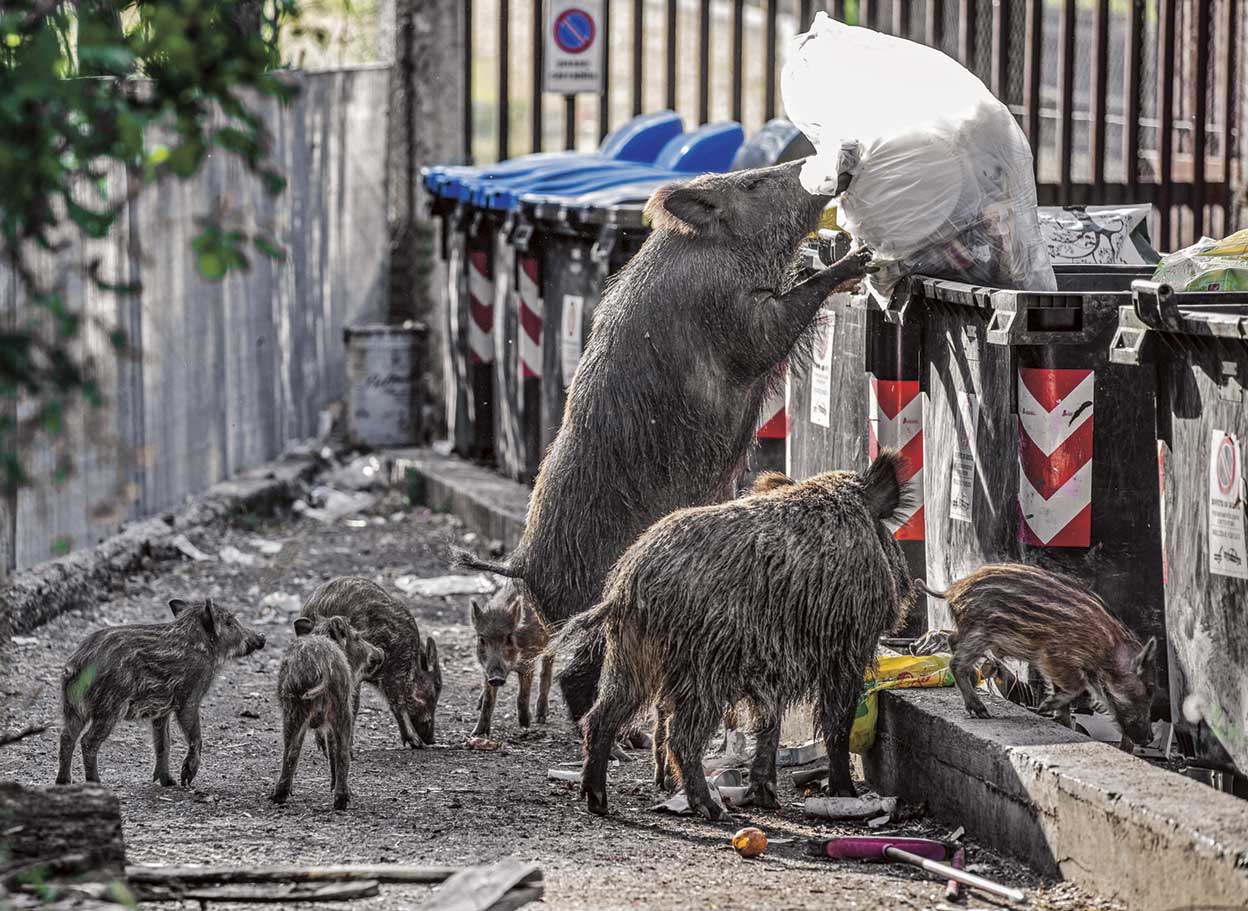In recent years, Spain has grappled with an escalating environmental and social issue stemming from one of its oldest wild inhabitants - the wild boar (Sus Scrofa). Known for their adaptability and resilience, wild boars have rooted themselves in Spanish culture, history, and ecology. However, their rapidly growing populations across various regions have raised serious concerns due to their impact on human settlements, agriculture, and native wildlife.

The population of wild boars in Spain has seen an unprecedented increase in recent decades. Factors contributing to this boom include the abandonment of rural areas, changes in agriculture, reforestation efforts, a lack of natural predators, and the adaptable nature of these creatures. They thrive in varied habitats, from the lush forests of the north to the Mediterranean scrublands. With fewer people living in rural areas to hunt them and changes in hunting regulations, boar populations have grown unchecked, leading to more frequent encounters with humans.
Wild boars have a profound impact on the environment and biodiversity. Their feeding habits lead them to dig through the soil, which can cause significant damage to native flora and lead to soil erosion. This alters the natural landscape and can pave the way for invasive plant species to take hold. Additionally, their predation on ground-nesting birds and reptiles can negatively affect local biodiversity. The balance of ecosystems is at risk when one species, such as the wild boar, dominates the environment unchecked.

Perhaps the most visible and concerning aspect of Spain's wild boar problem is their increasing interaction with human populations. Boars are venturing more frequently into urban areas, drawn by the promise of easily accessible food in trash bins and gardens. These incursions can lead to traffic accidents, damage to property, and even confrontations with people. Reports of aggressive behaviour towards humans, including attacks, have raised public health and safety concerns.
Moreover, wild boars pose a significant threat to agriculture. They ravage crops, destroy fences, and contaminate water supplies, leading to considerable economic losses for farmers. Their foraging habits wreak havoc on vineyards, cereal fields, and vegetable patches, prompting calls for more action to control their numbers.

Wild boars also carry diseases that can affect domestic animals and humans. Diseases such as swine fever, tuberculosis, and brucellosis can be transmitted from wild boars to livestock, threatening the agricultural sector and posing serious public health risks. The control of such diseases becomes increasingly challenging with larger boar populations, highlighting the need for effective wildlife management and disease surveillance strategies.
The growing wild boar issue in Spain requires a multifaceted approach. Solutions include more effective population control methods, such as regulated hunting and fertility control, alongside public education on avoiding and managing encounters with wild boars. Additionally, research into more sustainable land management practices could help reduce the habitats' suitability for boars, thereby naturally curbing their numbers.
Urban areas are experimenting with innovative methods to keep boars at bay, including the use of barriers, community compost bins to reduce food sources, and even employing trained dogs to scare them away. Collaboration between communities, government agencies, and wildlife experts is crucial to developing strategies that ensure public safety while preserving Spain's rich biodiversity and the welfare of its wildlife.
The wild boar in Spain is a testament to the complexities of human-wildlife coexistence in the modern world. While they are integral to the country's natural heritage, their unchecked proliferation poses a threat to ecosystems, agriculture, and human settlements. Addressing this issue demands a delicate balance between conservation efforts and the need to protect human interests, a challenge that will require innovative thinking and broad cooperation for years to come.